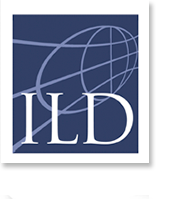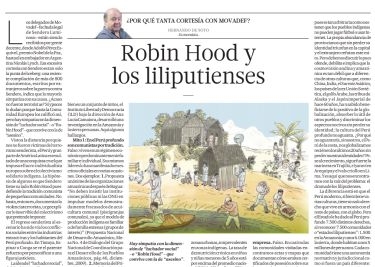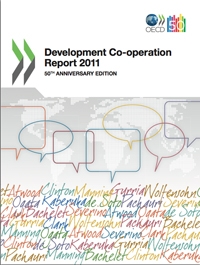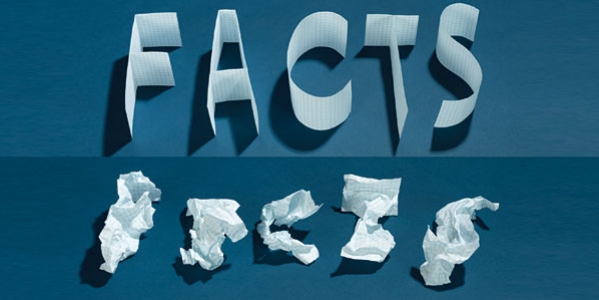Entrevista en “América Economía”, abril de 2009
Hernando de Soto viaja constantemente por países de los cinco continentes como cabeza del Instituto Libertad y Democracia (ILD), asesorando reformas legales en diferentes gobiernos y codeándose con los principales líderes mundiales. Todas estas millas de vuelo acumuladas lo han convencido de que la crisis económica mundial es, fundamentalmente, de orden legal y estructural, y que las respuestas no pueden limitarse al aspecto financiero. "Se está tratando de resolver con un palo de dientes un problema que requiere una pala", asegura con preocupación el economista más famoso del Perú. De Soto habló de esto y la crisis global con Cecilia Niezen, corresponsal de AméricaEconomía , en su gran casa en el distrito limeño de Surco.
¿Cuánto tiempo considera que va durar la crisis que actualmente golpea la economía mundial?
En una conferencia en Moscú se nos preguntó a los cinco expositores sobre la crisis. Se pidió que levanten la mano los que creían que sería de 12 meses y solo uno levantó la mano. Los demás levantamos la mano en la alternativa de 60 meses.
Read more: La mirada de Hernando De Soto "Esta es una crisis legal y estructural"
March 25, 2009 Hernando de Soto
The Obama administration has finally come up with a plan to deal with the real cause of the credit crunch: the infamous "toxic assets" on bank balance sheets that have scared off investors and borrowers, clogging credit markets around the world.
But if Treasury Secretary Timothy Geithner hopes to prevent a repeat of this global economic crisis, his rescue plan must recognize that the real problem is not the bad loans, but the debasement of the paper they are printed on.
Today's global crisis —a loss on paper of more than $50 trillion in stocks, real estate, commodities and operational earnings within 15 months— cannot be explained only by the default on a meager 7% of subprime mortgages (worth probably no more than $1 trillion) that triggered it. The real villain is the lack of trust in the paper on which they —and all other assets— are printed. If we don't restore trust in paper, the next default —on credit cards or student loans —will trigger another collapse in paper and bring the world economy to its knees.
Read more: Toxic Assets were Hidden Assets
 El Papa Francisco oficiará una misa, este 17 de febrero, en la frontera entre Estados Unidos y México, entre El Paso y Juárez. Seguramente aprovechará la oportunidad para exhortar a que se brinde apoyo a los pobres de México y a aquellos que han emigrado a Estados Unidos.Eso fue lo que hizo en su emotivo discurso del pasado mes de setiembre en el Madison Square Garden de Nueva York, cuando pidió a su auditorio ayudar “a todos aquellos que parecen no tener cabida o que son ciudadanos de segunda clase, porque no tienen derecho a estar allí”, refiriéndose a los 11 millones de inmigrantes indocumentados en EE UU.
El Papa Francisco oficiará una misa, este 17 de febrero, en la frontera entre Estados Unidos y México, entre El Paso y Juárez. Seguramente aprovechará la oportunidad para exhortar a que se brinde apoyo a los pobres de México y a aquellos que han emigrado a Estados Unidos.Eso fue lo que hizo en su emotivo discurso del pasado mes de setiembre en el Madison Square Garden de Nueva York, cuando pidió a su auditorio ayudar “a todos aquellos que parecen no tener cabida o que son ciudadanos de segunda clase, porque no tienen derecho a estar allí”, refiriéndose a los 11 millones de inmigrantes indocumentados en EE UU.
 It’s been 14 years since President George W. Bush declared a “global war on terror.” Today, after spending $1.6 trillion on that war and killing 101 terrorist chieftains, from Osama bin Laden to “Jihadi John,” the West remains just as vulnerable, if not more so, to extremists who can recruit fighters and strike any Western capital virtually at will. Now that another president – François Hollande of France – has also declared war on terror (as have other European leaders), are the prospects for victory really any better? I have my doubts.
It’s been 14 years since President George W. Bush declared a “global war on terror.” Today, after spending $1.6 trillion on that war and killing 101 terrorist chieftains, from Osama bin Laden to “Jihadi John,” the West remains just as vulnerable, if not more so, to extremists who can recruit fighters and strike any Western capital virtually at will. Now that another president – François Hollande of France – has also declared war on terror (as have other European leaders), are the prospects for victory really any better? I have my doubts. Thomas Piketty’s Capital in the 21st Century has attracted worldwide attention not because he crusades against inequality — many of us do that — but because of its central thesis, based on his reading of the 19th and 20th centuries: that capital “mechanically produces arbitrary, unsustainable inequalities” inevitably leading the world to misery, violence and wars and will continue to do so in this century. So far, Piketty’s critics have offered only technical objections to his number crunching without contesting his apocalyptic political thesis, which is clearly wrong. I know this because over the last years my teams conducted research in the field exploring countries where misery, violence and wars are rampant in the 21st century. What we discovered was that most people actually want more rather than less capital, and they want their capital to be real and not fictitious.
Thomas Piketty’s Capital in the 21st Century has attracted worldwide attention not because he crusades against inequality — many of us do that — but because of its central thesis, based on his reading of the 19th and 20th centuries: that capital “mechanically produces arbitrary, unsustainable inequalities” inevitably leading the world to misery, violence and wars and will continue to do so in this century. So far, Piketty’s critics have offered only technical objections to his number crunching without contesting his apocalyptic political thesis, which is clearly wrong. I know this because over the last years my teams conducted research in the field exploring countries where misery, violence and wars are rampant in the 21st century. What we discovered was that most people actually want more rather than less capital, and they want their capital to be real and not fictitious.

 Read about how Peru's poor were successful in defeating the Shining Path terrorism movement. This book was mentioned by ILDs Hernando de Soto in his latest article on Project Syndicate published on Novembr 4th, 2016. Como se menciona en el último artículo de Hernando de Soto, La Disyuntiva Colombiana: Los Terroristas o Sus Ciudadanos, aquí está la historia de cómo el Perú venció al terrorismo.
Read about how Peru's poor were successful in defeating the Shining Path terrorism movement. This book was mentioned by ILDs Hernando de Soto in his latest article on Project Syndicate published on Novembr 4th, 2016. Como se menciona en el último artículo de Hernando de Soto, La Disyuntiva Colombiana: Los Terroristas o Sus Ciudadanos, aquí está la historia de cómo el Perú venció al terrorismo.





